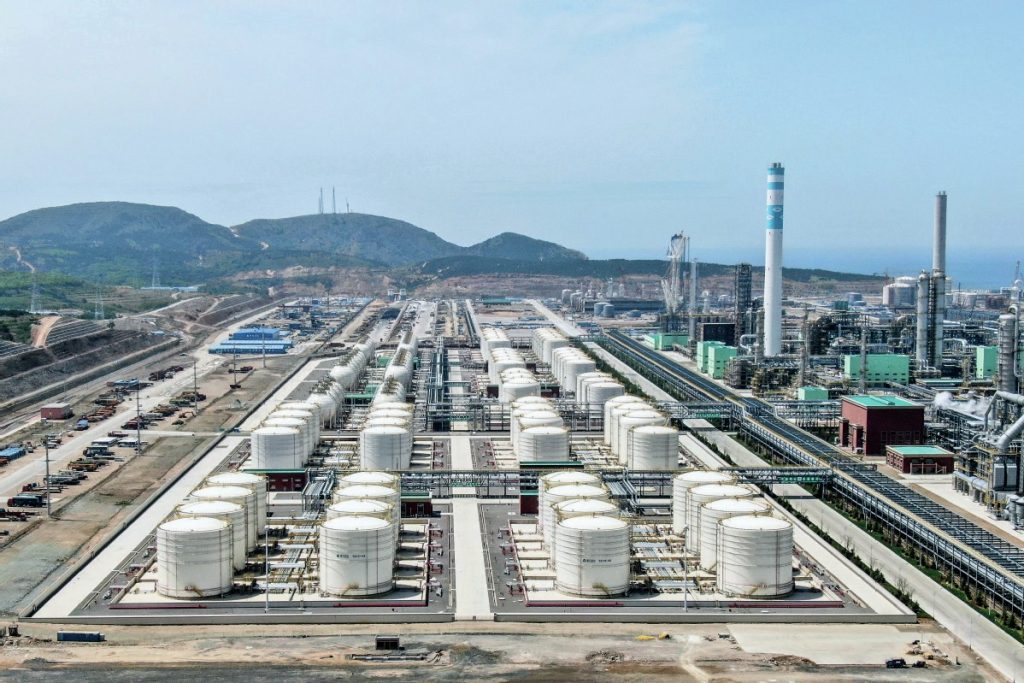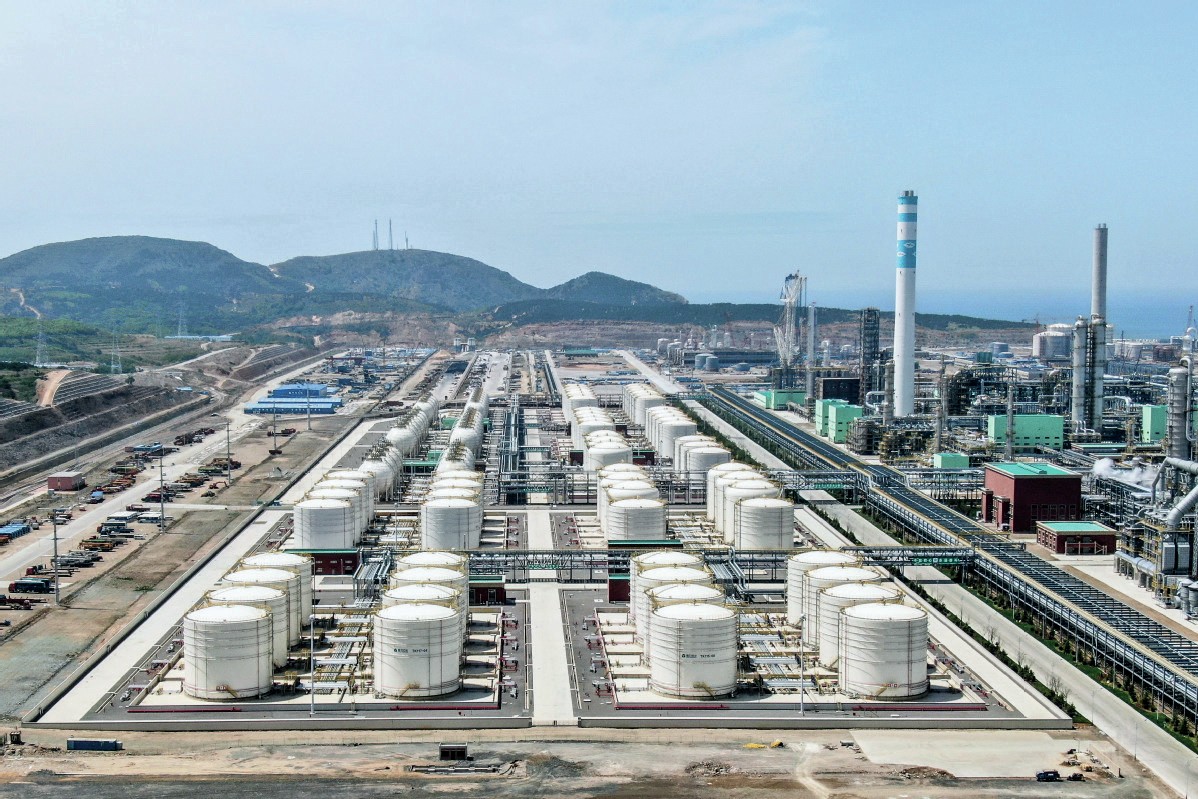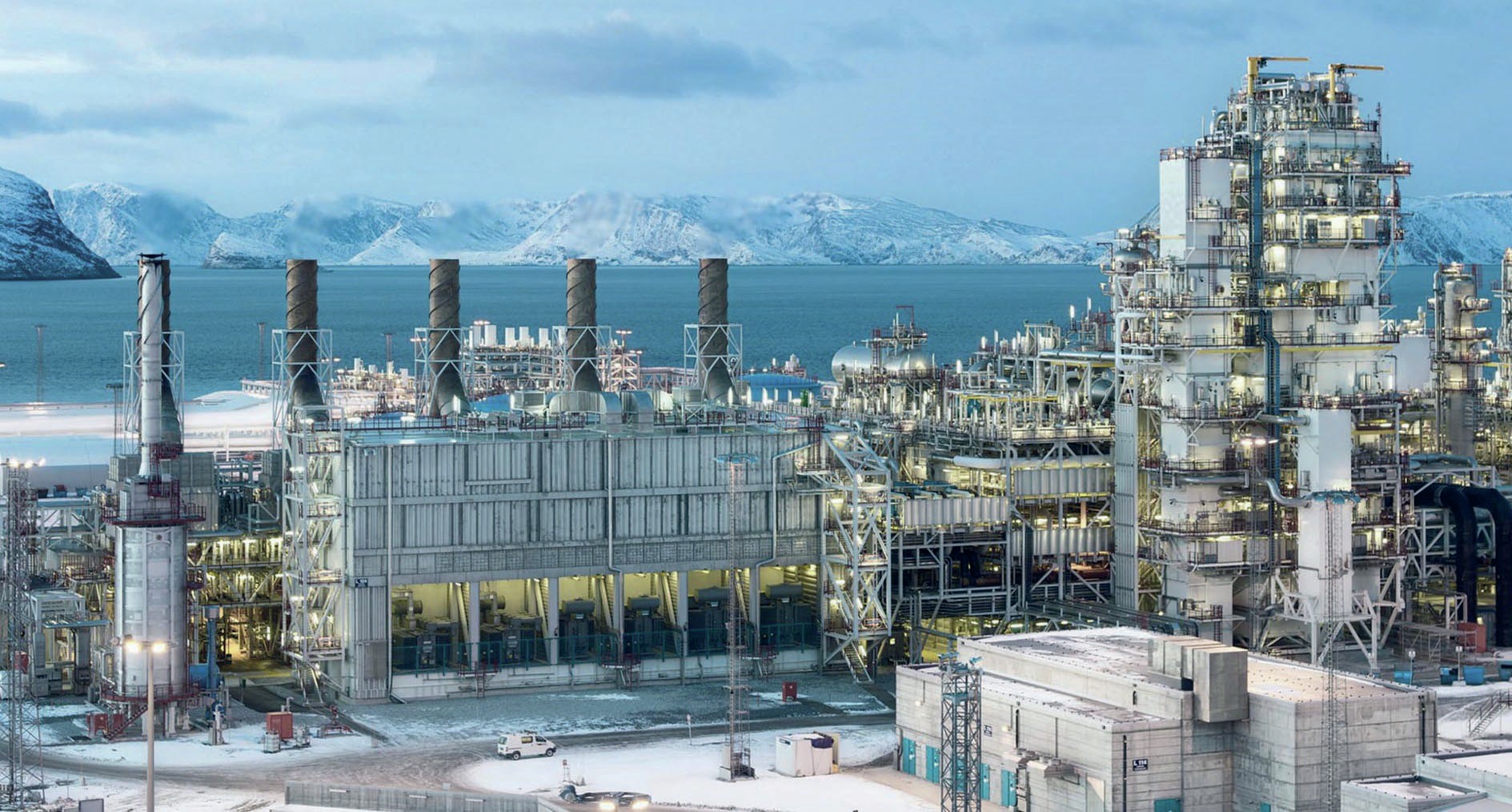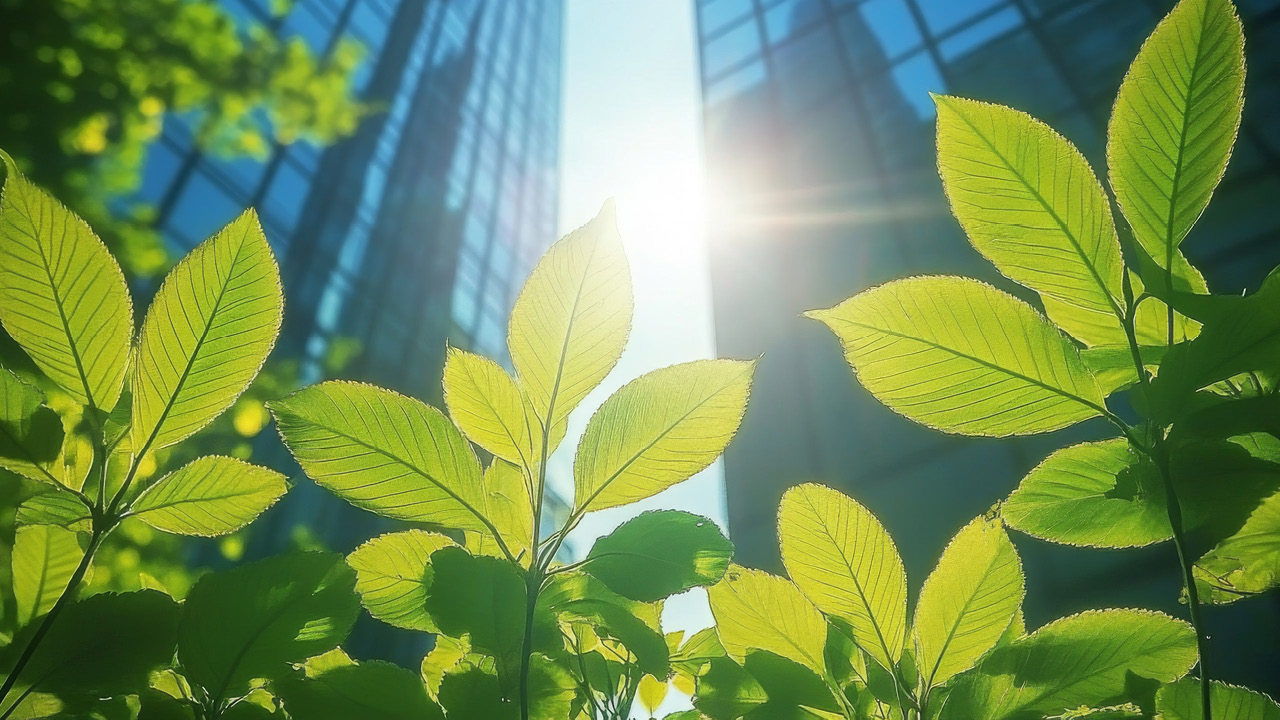Sulphur 401 Jul-Aug 2022

31 July 2022
Sulphur Industry News Roundup
CHINA
Chinese refinery output falls due to covid

Chinese refinery output has been steadily falling this year as covid-related lockdowns impact upon the economy. Figures from the National Bureau of Statistics showed that refinery output fell to 13.8 million bbl/d in April – down 2% year on year – then took a sharp fall in May to 12.6 million bbl/d, more than 10% down on the same time in 2021, when output stood at 14.1 million bbl/d. May’s figure was 12.7 million bbl/d, a modest increase on April, but still 1.6 million bbl/d down compared to May 2021. Refining margins have also been hurt by high oil prices due to the Ukraine conflict, dropping close to zero or even negative according to industry estimates.
There is plenty of spare capacity which could export fuel into an international market desperate for refined product, but Chinese government quota restrictions prevent this. Chinese refining capacity was estimated at 17.5 million bbl/d in 2020 and could reach 20 million bbl/d by 2025 as more large scale refineries come on-stream, which would see China overtake the US as the world’s largest refiner. Recent additions include Shenghong Refinery, and Hainan Petrochemical. However, large Chinese state-owned refineries were running at approximately 70% capacity in June, the lowest rate since March 2020, while smaller, private ‘teapot’ refineries were down to 50-65% as movement restrictions in Shanghai and other major cities took their toll on fuel demand. Vehicle sales were also down 50% on the same time last year.
SAUDI ARABIA
JGC wins Zuluf contract
JGC Holdings says that its JGC Corporation engineering, procurement, and construction business has been awarded the EPC contract for the Zuluf Central Processing Facilities by Saudi Aramco. Aramco is promoting the Zuluf Arab Heavy Development Program to meet growing global energy demand and is planning to increase production based on an additional 600,000 bbl.d of Arabian heavy crude. JGC has also received the contracts for the construction projects for the core onshore gas-oil separation plant and utility facilities including water injection facilities. The Zuluf project is part of Aramco’s plan to reach 13 million bbl/d of oil production capacity by 2027, allocating a major chunk of its $40-50 billion capex budget for the project. The value of the JGC contracts is believed to be more than $3 billion.
NIGERIA
Tecnimont to install technology at Port Harcourt
Maire Tecnimont SpA says that its Tecnimont subsidiary has been awarded a front end engineering design contract by African Refineries Port Harcourt Ltd for a 100,000 bbl/d day refining plant, due to be operational in 2025. It will be built inside the existing Port Harcourt Refinery complex, where Tecnimont is already executing an EPC contract related to its rehabilitation works. The contract also includes a feasibility study for an independent section of the plant for the production of sustainable aviation fuel (also known as ‘BioJet’), which will be based on NextChem’s portfolio of green initiatives, using bio-waste as feedstock.
Alessandro Bernini, Chief Executive Officer of Maire Tecnimont Group and NextChem, commented: “We are really honoured to support Nigeria both in unlocking greater value by processing its natural resources and in developing circular economy for the first time ever in the country, as BioJet is one of the most effective solutions to reduce the carbon footprint of the global aviation industry. Moreover, these new contracts confirm the strong geographical diversification of our backlog and the reliability of our technology-driven value proposition.”
UZBEKISTAN
Privatised refinery to be modernised
Sanoat Energetika Guruhi (SEG), Uzbekistan’s largest private oil and gas company, has acquired the formerly state-owned Fergana Oil Refinery. The acquisition follows a competitive tender process as part of Uzbekistan’s state asset privatization program, and forms part of SEG’s evolution into a vertically integrated oil & gas company, covering upstream and downstream production, from exploration to full cycle processing of high-quality end products.
Shokir Fayzullaev, Chief Executive Officer of SEG, said: “We intend to modernise the Fergana Oil Refinery and double its capacity to two million tons of chemical products annually. By September 2023, the plant will produce Euro-5 gasoline and various modern types of oils and other refined products. Over the last twenty years, the need to modernise and invest in Fergana has been ignored, with the last modernisation being over 30 years ago. Now, as part of the SEG portfolio of companies, we have contracted best-in-class international companies Afton Chemical, Lubrizol, Infineum and Evonik, amongst others, for a full technical re-equipping of the plant.”
SEG’s modernisation programme includes licensing and engineering agreements with Axens SA and replacement of the hydrodesulfurisation unit, and commencement of Euro-4 and Euro-5 quality diesel fuel production via a modern gas desulphurisation unit. Future development will build the plant into a petrochemical complex, with oil production increasing to 1.6 million t/a by 2030.
CANADA
HydroFlex chosen for renewable aviation fuel project
Topsoe says that its HydroFlex technology has been chosen for revamping the Braya Renewable Fuels refinery in Newfoundland. The refinery, bought by Cresta from the North Atlantic Refining Company in November 2021, will produce up to 18,000 bbl/d of renewable diesel and sustainable aviation fuel (SAF) initially and capacity will increase further in various stages of expansion. Start-up for production of renewable fuels is expected in the second half of 2022. The refinery’s hydrocracker and diesel hydrotreater will be revamped to produce renewable diesel and SAF from various renewable feedstocks.
Henrik Rasmussen, Managing Director, The Americas, Topsoe, says: “We are proud to be part of this exciting refinery revamp with Cresta and to support their ambition to deliver renewable diesel and jet fuel for the local and global markets.”
Chris Rozzell, Managing Partner at Cresta said: “We’re proud to be associated with this new chapter for the refinery as it fully transitions from fossil fuels to the production of sustainable aviation fuel and renewable diesel fuels that will be critical to decarbonizing the aviation and heavy transport sectors. We also applaud the concrete steps the Government of Canada is taking to meet its climate objectives, and we look forward to a collaboration to position Braya Renewable Fuels to play a vital role in boosting the country’s capacity to produce clean fuels.”
INDIA
BPCL closes half of capacity for maintenance
Bharat Petroleum Corp Ltd (BPCL) has shut half of its crude processing capacity at its 240,000 bbl/d Mumbai refinery to carry out maintenance. The state-run refiner has shut a 120,000 bbl/d crude distillation unit and some secondary units including diesel hydrodesulphuriser and hydrogen generation units for 20-25 days, according to a statement by the company. Other units are functioning as normal. The refiner also plans to shut units at its 156,000 bbl/d Bina refinery in central India and 310,000 bbl/d Kochi refinery in the southern Kerala state later this year; the hydrocracker at Bina will be shot for 10 days in September for catalyst replacement, and a 210,000 bbl/d crude unit and secondary units including fluid catalytic cracking, vacuum gas oil hydro-treater, diesel hydro-treater, sulphur recovery unit and hydrogen generation units at Kochi will be down for 25-30 days for maintenance in September-October.

RUSSIA
Russian refinery output back up
Russian refineries processed 20.0 million tonnes of crude oil during May, up 9.3% from April, according to energy ministry data reported by Russia’s Tass news agency, as refineries came back-onstream following maintenance, although this figure remains lower than the comparable period of 2021, which was 23.0 million tonnes. Russian refineries reduced processing in March and April in the wake of the invasion of Ukraine as international buyers avoided Russian products and as domestic demand was hit by a surge in borrowing costs and an economic slowdown. Processing in June was expected to remain around May levels. Some of the medium-sized refineries in southern Russia are likely to run at around 90%, but those away from ports will keep runs around 70%. However, throughput prospects remain uncertain amid lower exports of Russian products. The Russian parliament has proposed setting up a state fuel oil stockpile oil for the country’s power generation companies and to address the country’s excess fuel oil production.
Russia is also looking to increase domestic output of catalysts for hydrotreaters, hydrocrackers and FCC units. Prior to this year around 70% of refinery catalysts were imported, mainly from companies in Europe and the US which have now announced sanctions on these products.
Refinery expansions continue for now. Lukoil’s Norsi refinery is in the process of completing construction of a deep processing complex, including a delayed coker, allowing the refinery to increase 10 ppm diesel output by 700,000 t/a. The complex includes 81,000 t/a of sulphur recovery capacity.
The Afipsky refinery is also in the process of modernisation, including a new hydrocracking unit and the sulphur recovery unit, Rosneft is planning construction of a hydrocracker at its Ryazan refinery, again including sulphur recovery capacity, and the Moscow refinery is adding a delayed coker, hydrogen and hydrocracker units, due for completion in 2025, again including sulphur recovery capacity.
UNITED STATES
GTC Vorro bought by MBT Technology
GTC Vorro Technology, a turn-key provider of environmental services and process technologies to oil & gas, refining, petrochemical and chemical companies, has been acquired by US-based MBT Technology, LLC. MBT was the former owner of GTC Technology Inc., which developed and licensed a wide offering of refining and petrochemical technology for the downstream industry. The company was acquired from PW Technologies and Vorro, LLC. GTC Vorro, based in Houston, says that it is now poised to expand its offerings in the sulphur removal and hydrocarbon processing industries. The company will operate in the upstream, midstream, and downstream industries, with a focus on environmental-friendly solutions for the hydrocarbon processing industry.
LyondellBasell may close refinery early
Reuters reports that LyondellBasell, which announced the closure of its Houston Refinery by the end of 2023 in April, could close the facility early if a major equipment failure affects processing units. The 268,000 bbl/d refinery can produce 89,000 bbl/d of gasoline, 44,500 bbl/d of jet fuel and 92,600 bbl/d of diesel from heavy, sour crude.
The US is facing a crunch in refining capacity, which was down to 18 million bbl/d in 2021, its lowest level since 2015 following closures during the covid pandemic, in spite of record fuel prices. There are expansions under way in Texas which could add 350,000 b/d of processing capacity, including ExxonMobil’s BLADE (Beaumont light atmospheric distillation expansion) project at its 369,000 bbl/d refinery in Beaumont and at Marathon’s South Texas Asset Repositioning (STAR) project at its 593,000 bbl/d Galveston Bay refinery. Valero also plans to start-up a 55,000 bbl/d delayed coker and sulphur recovery unit in 1H 2023 at its Port Arthur refinery. However, most US refinery investment is geared towards adding renewable fuel infrastructure.
PERU
Lithium project to produce potassium sulphate as by-product
American Lithium Corp. says that it has successfully precipitated high purity, fertilizer-quality potassium sulphate (aka sulphate of potash, SoP) by-product from the company’s Falchani project. Testing confirms that in addition to high quality lithium compounds, SoP can be produced to potentially supply Peru with its domestic needs. The SoP produced from Falchani is 45% potassium and 20% sulphur.
Dr. Laurence Stefan, COO of American Lithium, said, “The strategic importance of the ability to produce significant amounts of SoP from Falchani cannot be overstated. This by-product will not only provide an additional potential revenue stream at Falchani, but more importantly will also provide a major source of domestic SoP for Peru with the potential to largely reduce the country’s dependence on imported overseas fertilizers… to produce the high-value crops, fruit and vegetables that are major exports for Peru.”
MALAYSIA
Land agreed for sour gas site
The Sarawak State government, via the Sarawak Economic Development Corporation (SEDC), has entered into a heads of agreement with Petronas, Shell and PTTEP for a long-term lease of land in the Petchem Industrial Park in Tanjung Kidurong, Bintulu, Sarawak. Both the land and Petchem Industrial Park belong to SEDC. The earmarked land will be leased to build an onshore plant complex which forms part of the Sarawak Integrated Sour Gas Evacuation System (SISGES) project. The development plan for the SISGES project is currently undergoing its final review process prior to the final investment decision by investors and the necessary statutory approvals.
Gas will come from the sour Lang Lebah gas field development, operated by PTTEP. The first phase of the facility will have a treatment capacity of 30 million cubic feet per day (cfd) at up to 10% acid gas removing hydrogen sulphide and carbon dioxide. H2 S levels are at around 0.5%, though CO2 levels are much higher.




